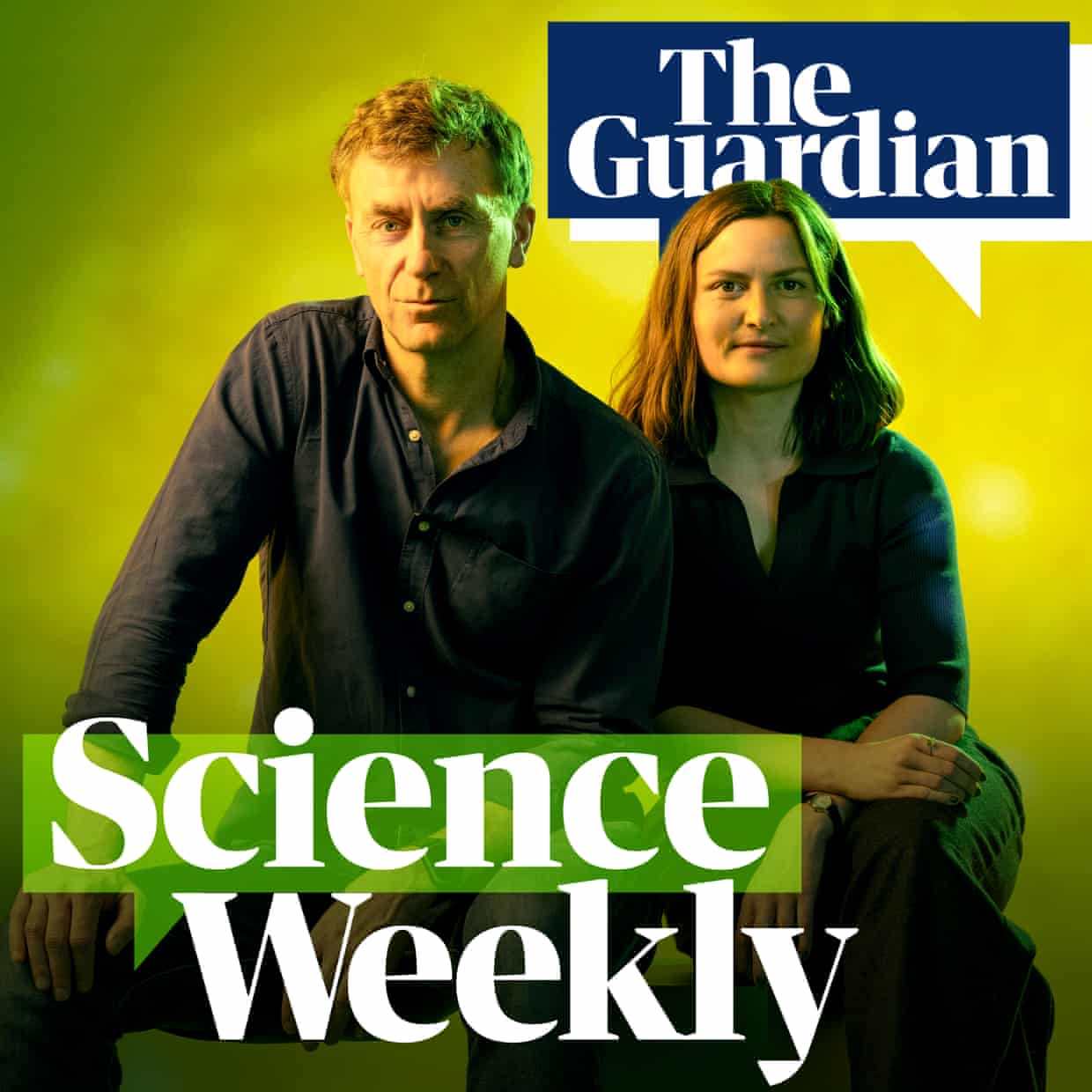Science
Global Seed Bank Safeguards Biodiversity for Future Generations

The Global Seed Vault in Svalbard, Norway, has emerged as a critical facility for preserving the planet’s agricultural biodiversity. Opened in 2008, this facility safeguards over 1 million seed samples from various plant species, ensuring that future generations have access to vital genetic resources. Managed by the Crop Trust and supported by the United Nations, the Seed Vault plays a crucial role in combating food insecurity and protecting against climate change.
Located on the Svalbard archipelago, approximately 1,300 kilometers from the North Pole, the Seed Vault is often referred to as the “Doomsday Vault.” It was established to provide a backup storage solution for seed banks worldwide. In a world where biodiversity is increasingly threatened by environmental changes, political instability, and economic factors, the Seed Vault acts as a global insurance policy for food security.
Significance of the Global Seed Vault
The importance of the Global Seed Vault extends beyond mere storage. It serves as a repository for seeds of crops that are essential for human survival, including rice, wheat, and maize. According to the Food and Agriculture Organization (FAO), approximately 75% of the world’s food varieties have been lost over the past century due to industrial agriculture practices. By preserving these seeds, the Vault ensures that valuable genetic traits can be accessed for future breeding programs.
The facility’s design is particularly noteworthy. It is built into a mountain, offering natural protection against disasters, and is maintained at a consistent temperature of -18 degrees Celsius. This environment ensures the long-term viability of the seeds, even under extreme conditions. The Vault is also equipped with advanced security measures, making it one of the most secure storage facilities in the world.
Collaborative Efforts for Preservation
The Global Seed Vault operates under the framework of the International Treaty on Plant Genetic Resources for Food and Agriculture, which aims to promote the sustainable management of plant genetic resources. Countries that are signatories to this treaty are encouraged to deposit seeds in the Vault, thereby contributing to a global pool of genetic diversity.
In recent years, the Vault has witnessed increased activity as countries recognize the urgent need to protect their agricultural heritage. For instance, in 2022, the Crop Trust reported a record number of deposits, with over 250,000 new seed samples added to the collection. These collaborations highlight the global commitment to preserving food security in the face of mounting challenges.
The Seed Vault continues to be a beacon of hope for scientists and agriculturalists worldwide. By providing a safe haven for seeds, it allows researchers to develop new crop varieties that can withstand the pressures of climate change, pests, and diseases. This ongoing effort is critical for ensuring that future generations can enjoy a diverse and resilient food supply.
In summary, the Global Seed Vault in Svalbard stands as a testament to the importance of preserving biodiversity. As the world grapples with the effects of climate change and dwindling agricultural variety, the Vault serves as a vital resource for maintaining food security and fostering sustainable agricultural practices. Its role is more essential than ever in the quest to secure the future of our planet’s food systems.
-

 Lifestyle2 months ago
Lifestyle2 months agoWinnipeg Celebrates Culinary Creativity During Le Burger Week 2025
-

 Health2 months ago
Health2 months agoMontreal’s Groupe Marcelle Leads Canadian Cosmetic Industry Growth
-

 Science2 months ago
Science2 months agoMicrosoft Confirms U.S. Law Overrules Canadian Data Sovereignty
-

 Education2 months ago
Education2 months agoRed River College Launches New Programs to Address Industry Needs
-

 Technology2 months ago
Technology2 months agoDragon Ball: Sparking! Zero Launching on Switch and Switch 2 This November
-

 Science2 months ago
Science2 months agoTech Innovator Amandipp Singh Transforms Hiring for Disabled
-

 Technology2 weeks ago
Technology2 weeks agoDiscord Faces Serious Security Breach Affecting Millions
-

 Technology2 months ago
Technology2 months agoGoogle Pixel 10 Pro Fold Specs Unveiled Ahead of Launch
-

 Science2 months ago
Science2 months agoChina’s Wukong Spacesuit Sets New Standard for AI in Space
-

 Technology2 months ago
Technology2 months agoWorld of Warcraft Players Buzz Over 19-Quest Bee Challenge
-

 Education2 months ago
Education2 months agoAlberta Teachers’ Strike: Potential Impacts on Students and Families
-

 Business2 months ago
Business2 months agoDawson City Residents Rally Around Buy Canadian Movement
-

 Technology2 weeks ago
Technology2 weeks agoHuawei MatePad 12X Redefines Tablet Experience for Professionals
-

 Business2 months ago
Business2 months agoNew Estimates Reveal ChatGPT-5 Energy Use Could Soar
-

 Science2 months ago
Science2 months agoXi Labs Innovates with New AI Operating System Set for 2025 Launch
-

 Education1 month ago
Education1 month agoBrandon University’s Failed $5 Million Project Sparks Oversight Review
-

 Technology2 months ago
Technology2 months agoInnovative 140W GaN Travel Adapter Combines Power and Convenience
-

 Technology2 months ago
Technology2 months agoFuture Entertainment Launches DDoD with Gameplay Trailer Showcase
-

 Technology2 months ago
Technology2 months agoGlobal Launch of Ragnarok M: Classic Set for September 3, 2025
-

 Business2 months ago
Business2 months agoBNA Brewing to Open New Bowling Alley in Downtown Penticton
-

 Technology2 months ago
Technology2 months agoNew IDR01 Smart Ring Offers Advanced Sports Tracking for $169
-

 Technology2 months ago
Technology2 months agoArsanesia Unveils Smith’s Chronicles with Steam Page and Trailer
-

 Science2 months ago
Science2 months agoNew Precision Approach to Treating Depression Tailors Care to Patients
-

 Business1 month ago
Business1 month agoRocket Lab Reports Strong Q2 2025 Revenue Growth and Future Plans










